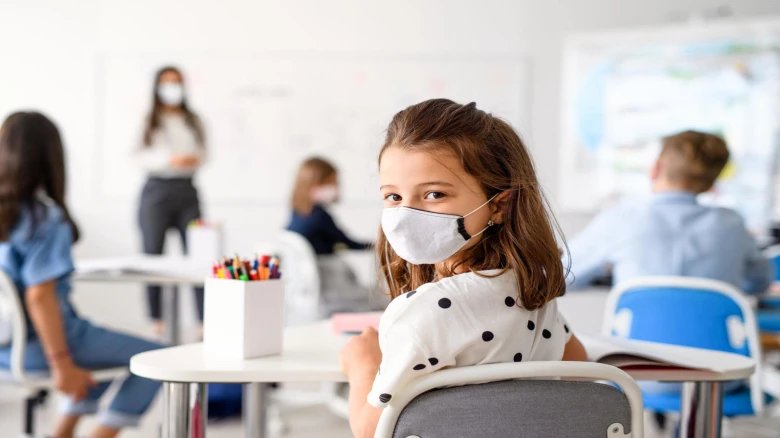Regional

H3N2 Influenza is a subtype of influea, a virus that is causing trouble not only for adults but also for children. You'll be surprised to learn that a large number...
Digital Desk: H3N2 Influenza is a subtype of influenza, a virus that is causing trouble not only for adults but also for children. You'll be surprised to learn that a large number of children are becoming ill as a result of this serious infection. According to media reports, infants and children have also been admitted to ICUs in Delhi and Pune.
Symptoms of H3N2 Virus in Kids
Children experience colds, coughs, fevers, runny or clogged noses, body pains, sore throats, throat pain, chest tightness, breathing problems, diarrhoea, headaches, vomiting, dehydration, lethargy, weakness, and wheezing. In some cases, fever can reach 104-105 degrees Fahrenheit, along with vomiting, loose motion, cough/cold, and, in severe cases, convulsions and drowsiness. Usually, symptoms last 5-7 days. Some patients may also experience a cough that lasts for a longer time. Children may also suffer from pneumonia, making it difficult for them to do their daily activities, and some may need to be hospitalized if appropriate treatment is not received. Here are some tested methods for avoiding H3N2 influenza. Parents, make sure your child follows these important measures.
How Can We Protect Children From the H3N2 Virus?
1. Wash hands properly: The child should always wash his or her hands after using the washroom, before eating, touching any surface or item, and before touching the face or nose. Make sure to wash your kids’ hands at least for 20 seconds and scrub them properly.
2. Wear a mask: If you are going to a crowded place, you should wear a mask because there is a risk of virus transmission that can make a child sick.
3. Cover your mouth while coughing or sneezing: Cover your mouth while coughing or sneezing, and correctly dispose of the tissue after use.
4. Avoid coming in contact with other children: At school, the child should not touch anyone. Do not exchange books with any children, and avoid handshakes and hugs.
5. Don’t be around sick people: If anyone in your family or community is sick, avoid coming into contact with them. It is preferable to keep guests to a minimum at home. Going to crowded places is also not advised. It is important that you get a flu shot as suggested by your doctor. Do not miss it at any cost.
6. Clean the frequently touched surfaces: Parents must ensure their child's safety. They should clean surfaces that are frequently touched, such as doorknobs, faucets, furniture, household items, and countertops. Make sure the children do not touch their faces after touching any object or surface.
Leave A Comment